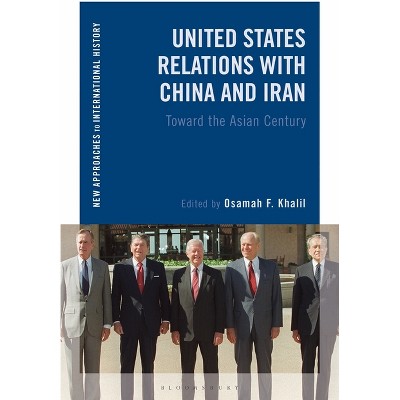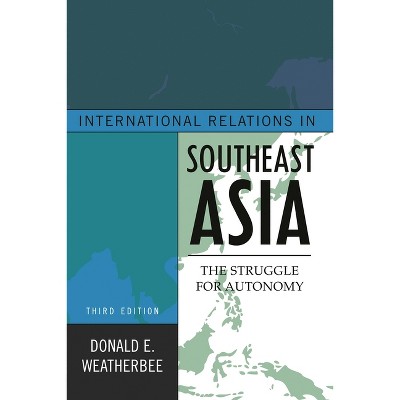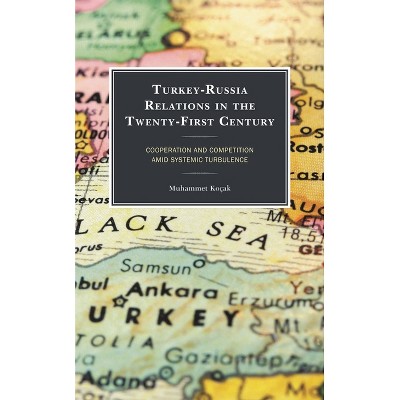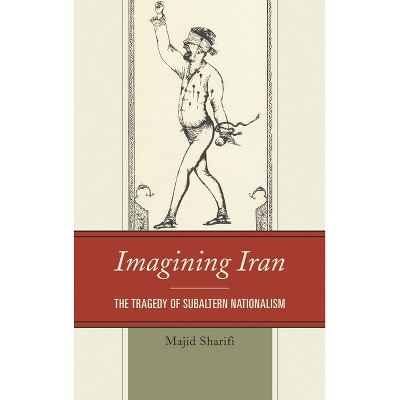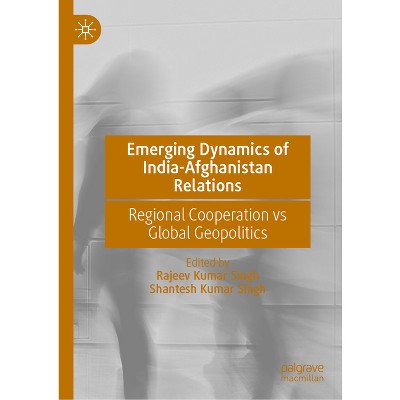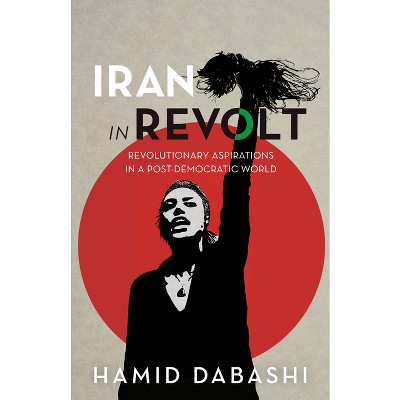China and Iran Readjust Relations - by Shirzad Azad (Hardcover)

About this item
Highlights
- The US withdrawal from the Iran nuclear deal in May 2018 and the return of international sanctions against Tehran turned out to have enormous implications for the Middle Eastern country's commercial interactions with its largest trading partner, China, affecting corrosively every aspect of economic, financial, and technological relationship between the two sides.
- About the Author: Shirzad Azad is independent scholar possessing a doctorate in International Relations.
- 184 Pages
- Political Science, World
Description
About the Book
"The US withdrawal from the Iran nuclear deal in May 2018 and the return of international sanctions against Tehran turned out to have enormous implications for the Middle Eastern country's commercial interactions with its largest trading partner, China, affecting corrosively every aspect of economic, financial, and technological relationship between the two sides"--Book Synopsis
The US withdrawal from the Iran nuclear deal in May 2018 and the return of international sanctions against Tehran turned out to have enormous implications for the Middle Eastern country's commercial interactions with its largest trading partner, China, affecting corrosively every aspect of economic, financial, and technological relationship between the two sides.
Review Quotes
"This book is a much-needed contemporary overview of the economic, financial, and technological aspects of Sino-Iranian relations. Azad brings to the foreground new areas of interest, such as the mobile and car industries, that move us past just an examination of oil and nukes to illuminate the deep ties that Iran and China have established over the years. Examining these issues in the aftermath of the US's retreat from the JCPOA, Azad provides new insight into what the future holds for the relationship."
[This] volume makes for a coherent analysis of the political economy of China-Iran relations over the last few years. This is based on interesting though fairly rudimentary data. The volume will likely interest academics and students. It is a solid contribution to the literature on China's relations with the Middle East.
This book provides the reader with a deep dive into the latest developments in multifaceted aspects of Iran-China relations. Nuanced and textured, the research is laced with insights into the broader contexts that inform the policy frameworks and political and economic outcomes on both sides. As such, it is much needed corrective that enables us to look beyond the hype and the mainstream media headlines. Students, academics and policy makers alike would find much food for thought in this volume on this increasing significant relationship with regional and global ripple effects.
About the Author
Shirzad Azad is independent scholar possessing a doctorate in International Relations. He studied and taught in the East Asian countries of Japan, South Korea (ROK), and China for roughly one decade (2005-2015).





